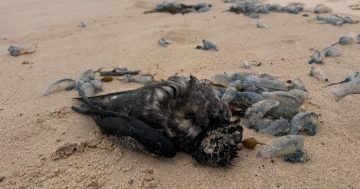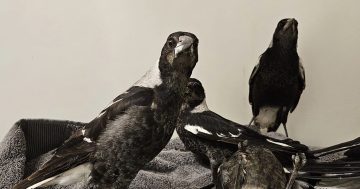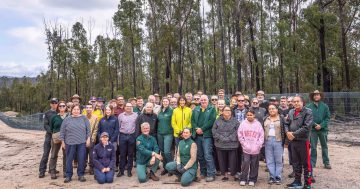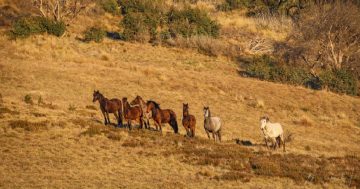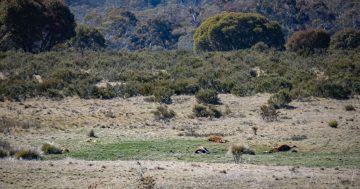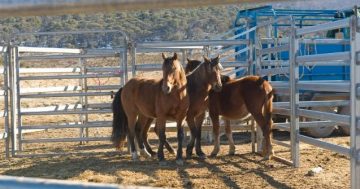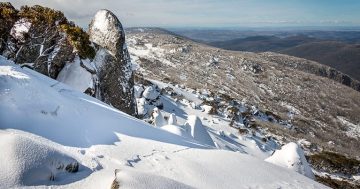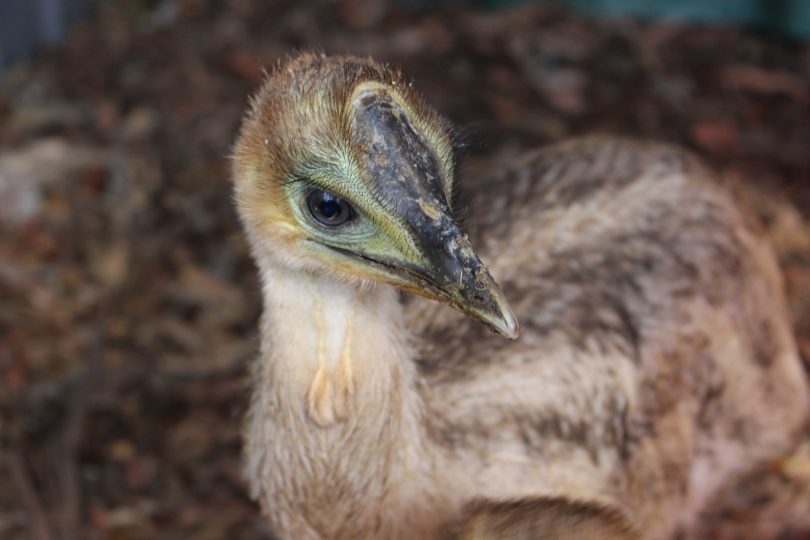
Australia is the only continent that has not yet detected cases of the H5N1 strain of avian influenza. Photo: Ian Campbell.
NSW Minister for the Environment Penny Sharpe is urging people to record and report cases of a highly contagious and dangerous strain of avian influenza.
The State Government is taking steps to prepare for a potential wildlife emergency if a dangerous strain of avian influenza reaches Australian shores this spring.
H5N1 is a highly contagious strain affecting bird species and some mammals overseas. It has caused mass deaths of wild birds and marine mammals, plus animals that prey or scavenge on birds.
The NSW Government recognises the risk posed to wildlife, ecosystems, food security, the economy, and potentially human health.
Australia is the only continent that has not yet detected cases of the H5N1 influenza. Migratory birds, however, pose a risk of introducing it from the north and Antarctica.
Several locations on the Far South Coast of NSW have been identified as high-priority sites for risk assessment and response planning. Work is underway at Barunguba-Montague Island Nature Reserve, which is home to bird and seal colonies.
The island is considered a potential risk from an H5N1 incursion due to the large number of migratory birds arriving to breed over the coming months. Response strategies will also consider the risk to little penguins and fur seals.
While H5N1 has not yet arrived in Australia, communities can assist with early detection by recording and reporting what they see.
Symptoms of avian influenza usually appear in several or all birds in a flock. Signs include lack of coordination, arched head, paralysis, seizures and tremors, as well as conjunctivitis, nasal secretions and laboured breathing, along with unusual sudden death.
Members of the public and wildlife carers who see dead birds or birds with these symptoms are advised to avoid contact with the animals and their environment, and not allow pets to touch or eat sick or dead wildlife.
They should record what they see, the location the animal was found, and take photos and/or video of the animal and surrounding area.
They should report any unusual sickness or deaths of more than five wild birds via the Emergency Animal Disease Hotline on 1800 675 888 (24 hours a day, seven days a week) or the Emergency Animal Disease Hotline on 1800 675 888 for advice and, if necessary, collection of birds for testing.
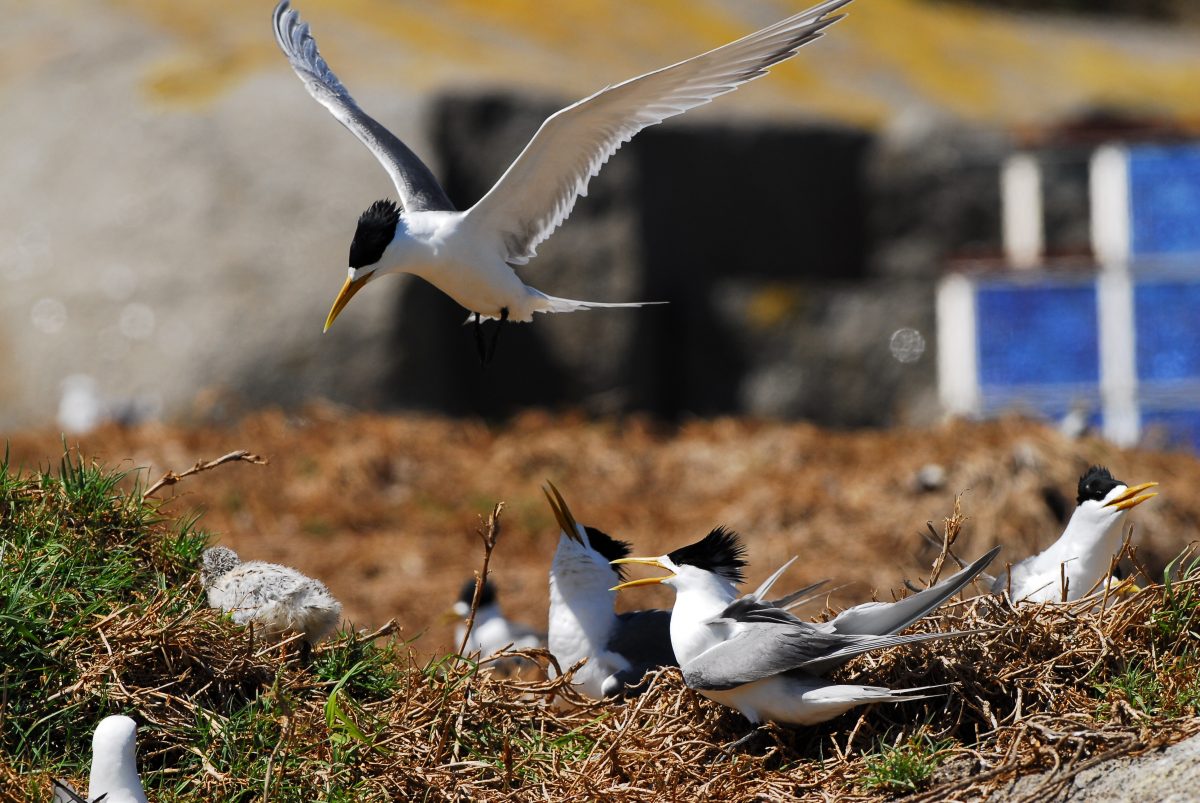
Gould’s petrel on Barunguba-Montague Island. Photo: NPWS.
The government is taking a range of actions to prepare for the potential arrival of H5N1 bird flu.
These include the Department of Climate Change, Energy, the Environment and Water (DCCEEW) working closely with the Department of Primary Industries and Regional Development (DPIRD), which is the lead agency for an H5N1 outbreak.
The government is also setting up an H5N1 taskforce with a specific focus on risks, preparedness and response to outbreaks in wildlife and is working with other agencies and non-governmental organisations including wildlife carers.
It is conducting risks assessments that identify species most at risk and then assess priority locations such as offshore islands and estuaries where there are important migratory bird or marine mammal colonies.
It is also participating in the federal response led by the National Avian Influenza Wild Bird Surveillance Program, coordinated by Wildlife Health Australia.
NSW DPIRD, Wildlife Health Australia and NSW Health all have dedicated web content that has substantial advisory material about avian influenza.
Minister Sharpe said the state was working closely with experts across government and state borders to prepare for risks and respond to outbreaks, which it hoped would not happen.
“It is difficult to stop the spread of avian influenza in wild birds, but we want to get the message out now so that governments, wildlife groups and community can be ready to Avoid, Record and Report,” she said.
Member for Bega Dr Michael Holland said the region was home to large wild bird colonies, as well as many little penguins and fur seals.
“It is important we do all we can to prepare for the potential arrival of this dangerous strain of avian influenza,” he said.
The recent outbreaks of bird flu in Australia have been the H7 strain, not H5N1. H5N1 has caused widespread deaths in poultry, wild birds and mammals on all continents except Australia. It has also been detected in a small number of domestic cattle and goats.








